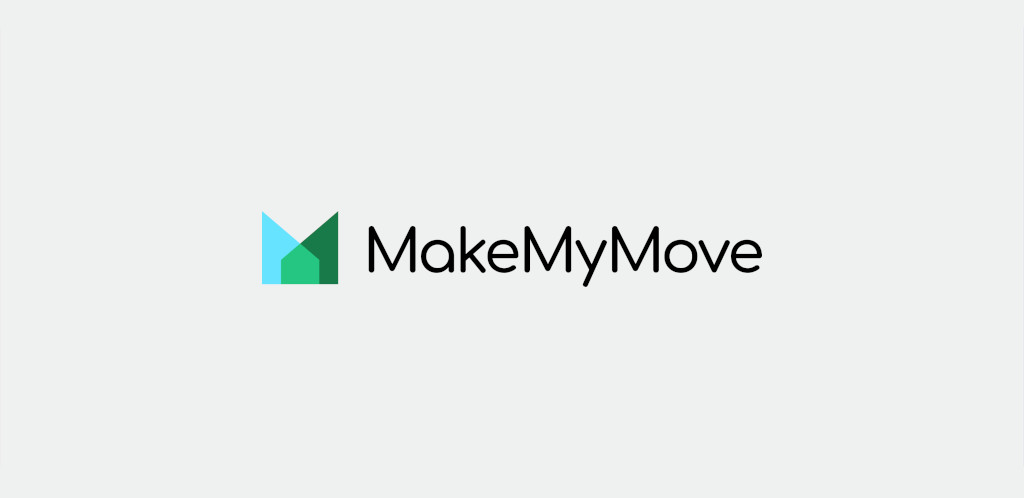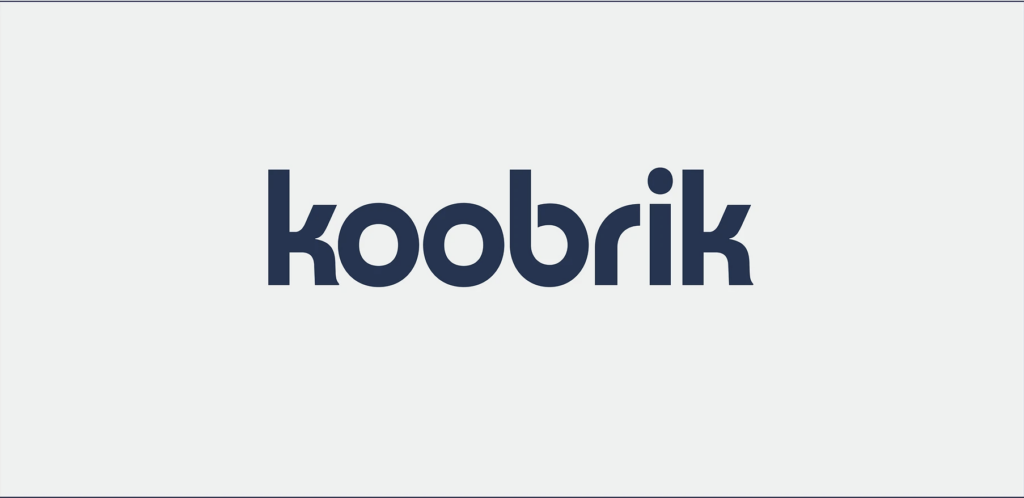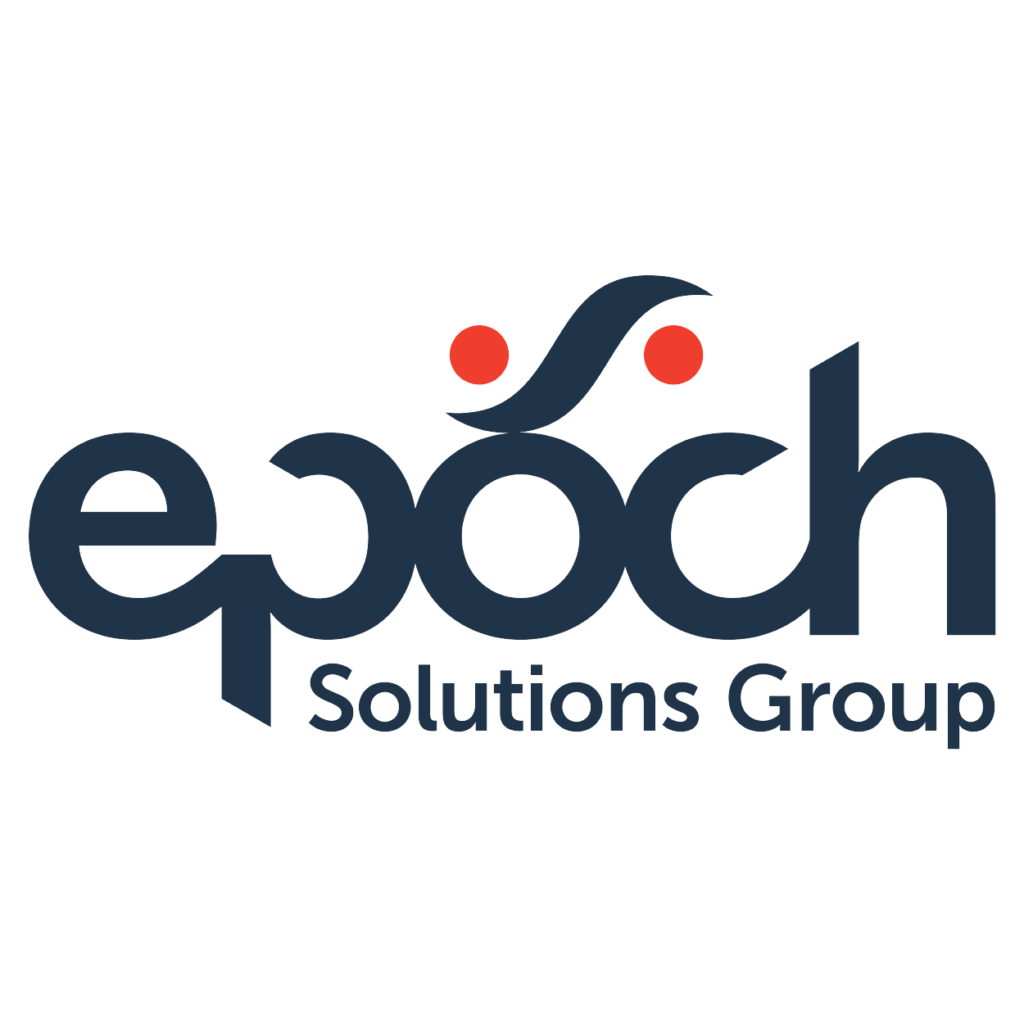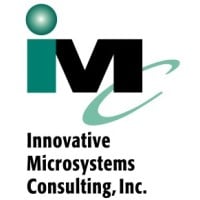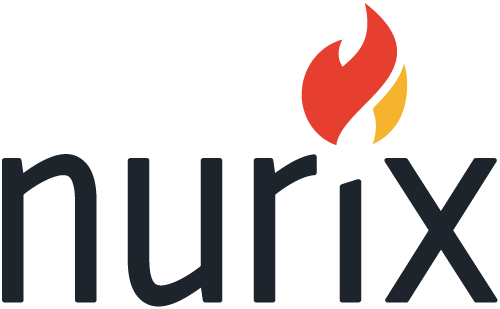QuesGen Systems is a Contract Research Organization (CRO) that provides research services to organizations and investigators developing treatments for Traumatic Brain Injury (TBI) or other brain-related research. The company’s proprietary software is used to manage healthcare research data, which was quickly outgrowing its co-location data center. QuesGen was in search of an alternative to house its data in an environment that was safe, secure, and easily accessible. With Cloud303’s help, QuesGen’s concerns were addressed and Cloud303 was able to successfully migrate the company to the cloud. Cloud303 also trained the company’s internal engineers on AWS best practices as they moved to the new platform to enable them to effectively monitor and maintain as needed.
QuesGen had been running their application on a rented server in a co-location center that did not provide the long-term flexibility and sustainability needed to manage the wealth of research data at their disposal. The company knew this situation wasn’t sustainable due to a number of reasons. Among them was the difficulty in managing data center servers, which was more challenging compared to Amazon E2 instances. Plus, on-site servers did not offer the benefits of E2 when it came to scalability and flexibility. The company had already been using the cloud as a disaster recovery environment - replicating its database from on-premises to MariaDB on EC2 via log files in S3. Upon realizing the plethora of perks that the cloud offered, QuesGen decided that fully migrating to AWS was in the best interest of the company going forward.
 Automation Expertise
Cloud303 excels in automating tedious and complex tasks, making development and operations more efficient. Our expertise in CI/CD pipelines, Infrastructure as Code, containerization and automated testing ensures a faster time-to-market and more robust DevOps strategy.
Automation Expertise
Cloud303 excels in automating tedious and complex tasks, making development and operations more efficient. Our expertise in CI/CD pipelines, Infrastructure as Code, containerization and automated testing ensures a faster time-to-market and more robust DevOps strategy.  Scalability and Performance
With a deep understanding of microservices, containerization, and orchestration, Cloud303 provides scalable solutions that can handle varying workloads without sacrificing performance, ensuring that your systems can handle future demands.
Scalability and Performance
With a deep understanding of microservices, containerization, and orchestration, Cloud303 provides scalable solutions that can handle varying workloads without sacrificing performance, ensuring that your systems can handle future demands. 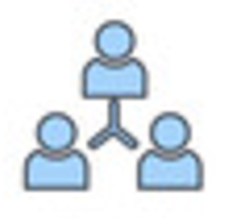 Collaboration and Culture
Recognizing that DevOps is as much about people and culture as it is about tools and processes, Cloud303 helps foster a culture of collaboration between development and operations teams to facilitate better teamwork and collective ownership of projects.
Collaboration and Culture
Recognizing that DevOps is as much about people and culture as it is about tools and processes, Cloud303 helps foster a culture of collaboration between development and operations teams to facilitate better teamwork and collective ownership of projects.  Proven Track Record
Cloud303 has a strong history of successful partnerships within the Microsoft industry. Our commitment to excellence, reliability, and client-focused solutions have made us a trusted partner.
Proven Track Record
Cloud303 has a strong history of successful partnerships within the Microsoft industry. Our commitment to excellence, reliability, and client-focused solutions have made us a trusted partner. Cloud303's engagements follow a streamlined five-phase lifecycle: Requirements, Design, Implementation, Testing, and Maintenance. Initially, a comprehensive assessment is conducted through a Well-Architected Review to identify client needs. This is followed by a scoping call to fine-tune the architectural design, upon which a Statement of Work (SoW) is agreed and signed.
The implementation phase kicks in next, closely adhering to the approved designs. Rigorous testing ensures that all components meet the client's specifications and industry standards. Finally, clients have the option to either manage the deployed solutions themselves or to enroll in Cloud303's Managed Services for ongoing maintenance, an option many choose due to their high satisfaction with the services provided.
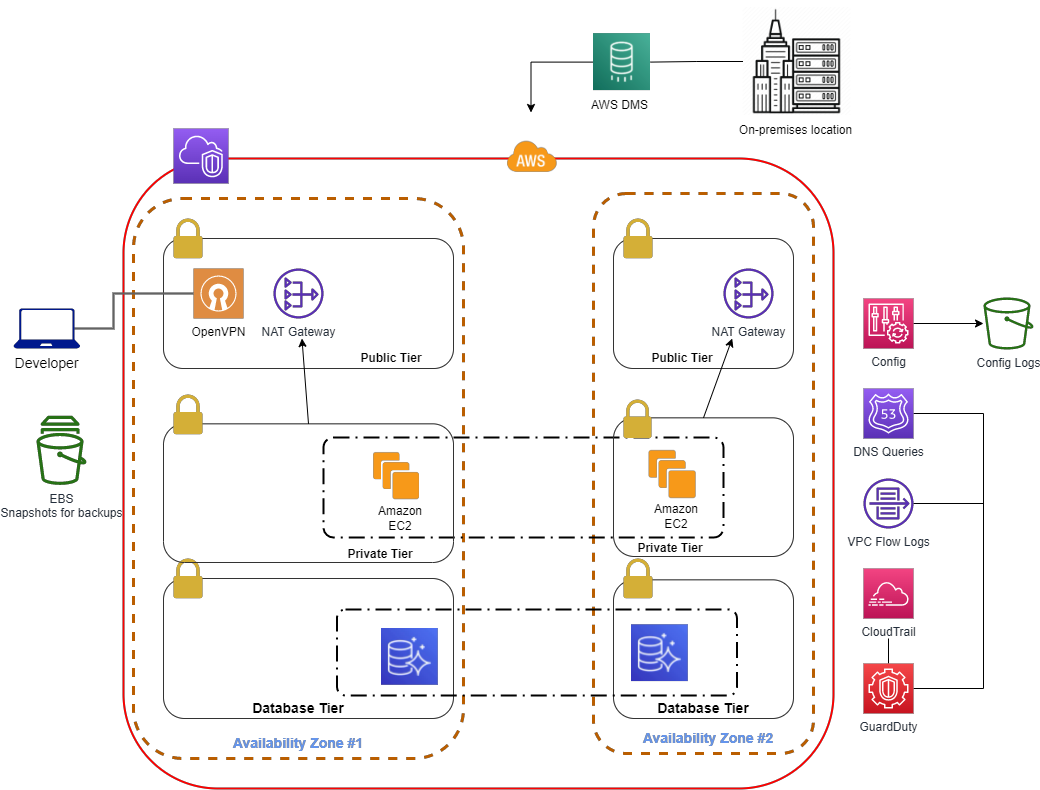
Cloud303 - an AWS Premier Consulting Partner - took a phase-based approach with QuesGen. Two accounts were deployed for the client: a development account and a production account. To start, a backend infrastructure - consisting of a three-tier VPC, security tools, etc - was deployed to perform the migration.
VPC peering was set up between the company’s existing disaster recovery (DR) environment and its new production account to facilitate simple database replication. AWS Data Migration Service was used to migrate the data from MariaDB running in EC2 to Aurora MySQL.
Throughout the engagement, Cloud303 had work sessions with QuesGen to explain step-by-step the deployments that were performed. This allowed Cloud303 to teach QuesGen engineers exactly how to accomplish what they wanted to in AWS.
Much of this engagement was a collaboration – some work would be accomplished together, then each team would have “homework” to do before the next session. For example, a QuesGen engineer wrote a CloudFormation template that deployed a development server, using EC2 user data to install the necessary components on launch. However, while that template worked in the old environment, it did not adhere to AWS best practices. In one work session, a Cloud303 solutions architect walked QuesGen engineers through all of the infrastructure deployments and then worked together to identify the changes that needed to be made to the existing CloudFormation template.
The engagement with QuesGen Systems was a holistic approach, blending technology and education. We not only migrated their data and application to a more robust AWS environment but also worked closely with their team to instill best practices.
Phase 1 of the project was a lift-and-shift operation. The application is still running on a single server for now - mainly because of QuesGen’s preference for vertical scaling of EC2 instances. Re-launching a down server is as simple as re-launching an AMI.
Moving to autoscaling is mooted as the next phase to provide additional resilience and capacity. The data, however, is already more secure than before. By leveraging Amazon Aurora, the data is now multi-AZ and the database can be scaled either by adjusting the instance size or by adding nodes to the cluster.
And since Aurora storage grows according to needs, QuesGen no longer have to worry about how much space has been provisioned (in the form of physical hard drives). QuesGen will be moving on to Phase 2 with Cloud303 in 2022.
